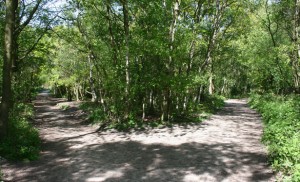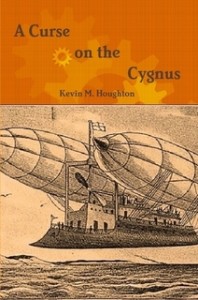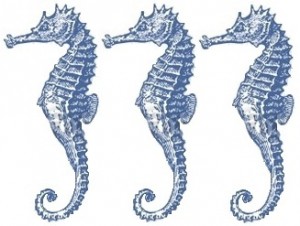Want to be a published author? Curious about the best path to take? In this post, I’m going to suggest you not do what I did, and instead I’ll offer a short cut.
 First let me retrace my steps for you. In the mid-1980s, I had a great idea for a story. Way too big for a short story, this had to be a novel. I’d never thought of being a writer, and the notion scared me a bit, but the idea wouldn’t let go. I studied writing—read books about writing, joined a writer’s group, went to writer’s conferences, joined a critique group. And began writing.
First let me retrace my steps for you. In the mid-1980s, I had a great idea for a story. Way too big for a short story, this had to be a novel. I’d never thought of being a writer, and the notion scared me a bit, but the idea wouldn’t let go. I studied writing—read books about writing, joined a writer’s group, went to writer’s conferences, joined a critique group. And began writing.
I stayed enthusiastic about my novel, but only about the writing of it, the first, second and third drafts. The more I wrote and rewrote, the more scared I got of the next phase, finding an agent and sending my novel out.
In 1999, I took a brief break and wrote a short story called “Target Practice” which I submitted, and it got accepted in the anthology Lower than the Angels by Lite Circle Books. That should have been a clue I was on the wrong path, but I went back to working on the novel.
Around 2004 or 2005, I abandoned that first great idea novel (yes, after 20 years of work!), and started a different novel.
In 2006, with the second novel about one quarter finished, I resumed writing short stories. This time I got serious about actually submitting them. After many rejections, I started getting published.
In retrospect, it’s easy to see where I went wrong. I should have started with short stories and worked my way up to novels. It’s distressing to think of the time I wasted, and how much earlier I might have gotten stories in print.
On the other hand, it’s possible that the two decades of work on a now-abandoned novel was time well spent. One could claim those years contained my 10,000 hours, the time required to develop genius-level capability. It’s also true that my first novel might have actually gotten published had I bothered to submit it, and might have done well.
Certainly there are cases of authors getting their first novel published and seeing it become a best-seller. But these are rare enough that I believe a better strategy for most writers is to start with short stories. Crawling should precede walking for most people. That method allows you to become familiar, more quickly, with the whole writing-submitting-publishing-marketing process end to end.
There you have it. Advice, as I say at the top of my web page, straight from Mount Olympus. Please don’t do what I did; don’t waste twenty years on a low-percentage strategy. Don’t follow that first path trod by—
Poseidon’s Scribe


